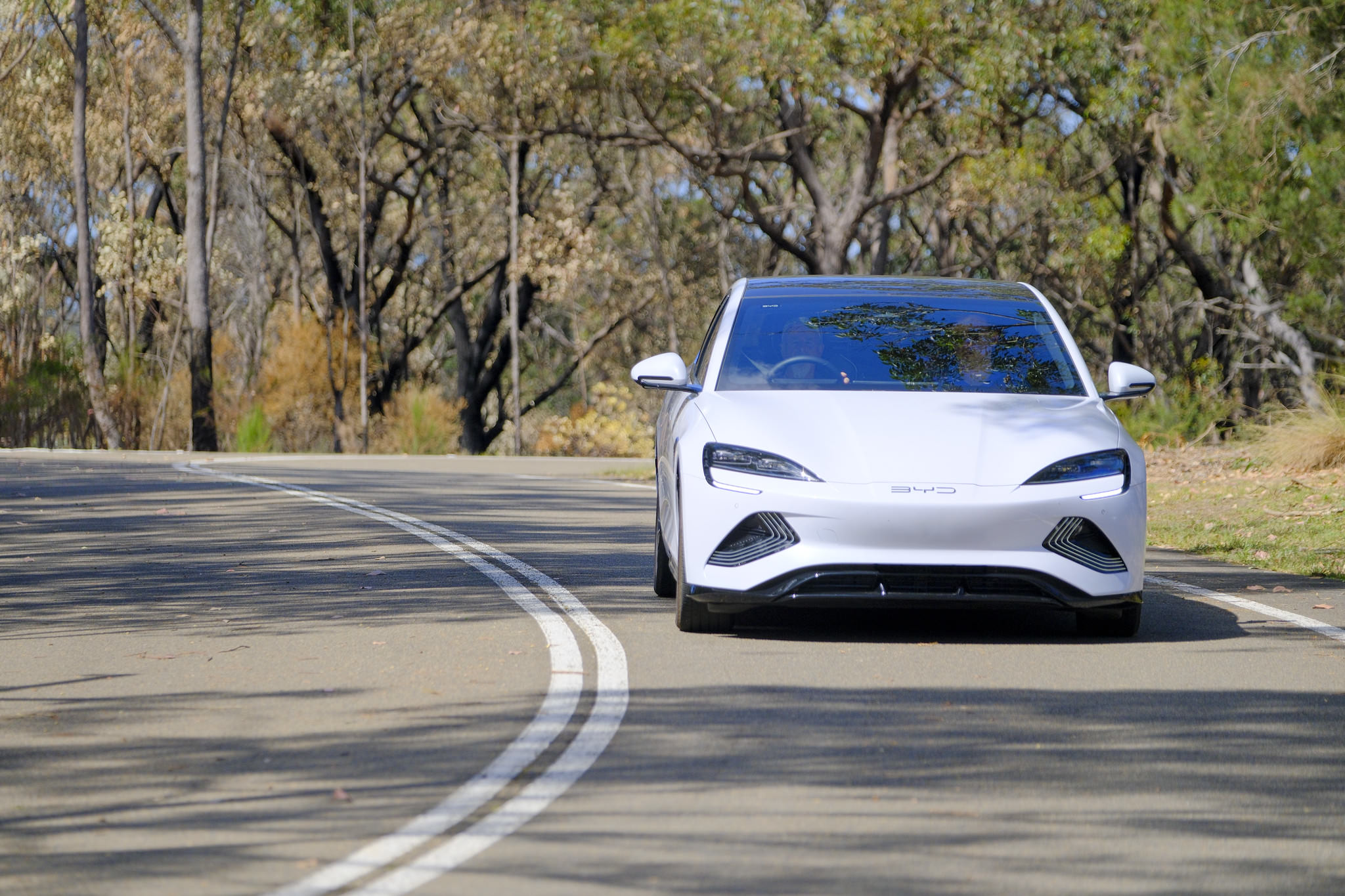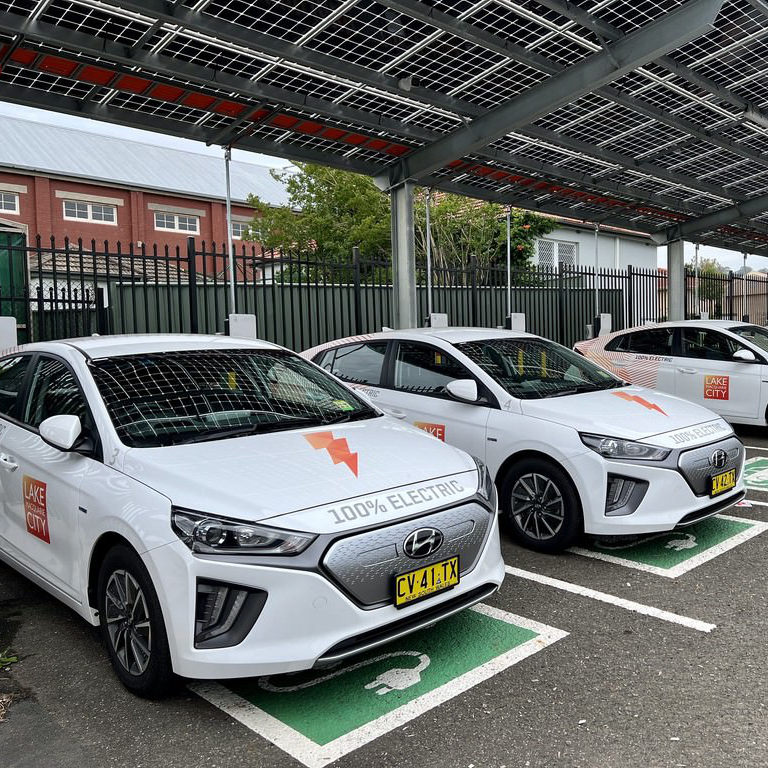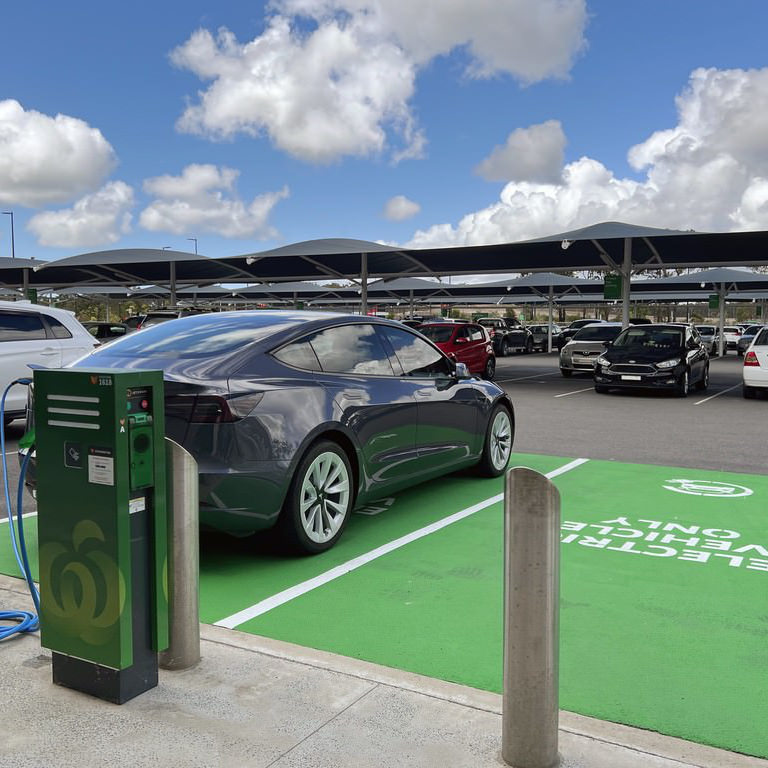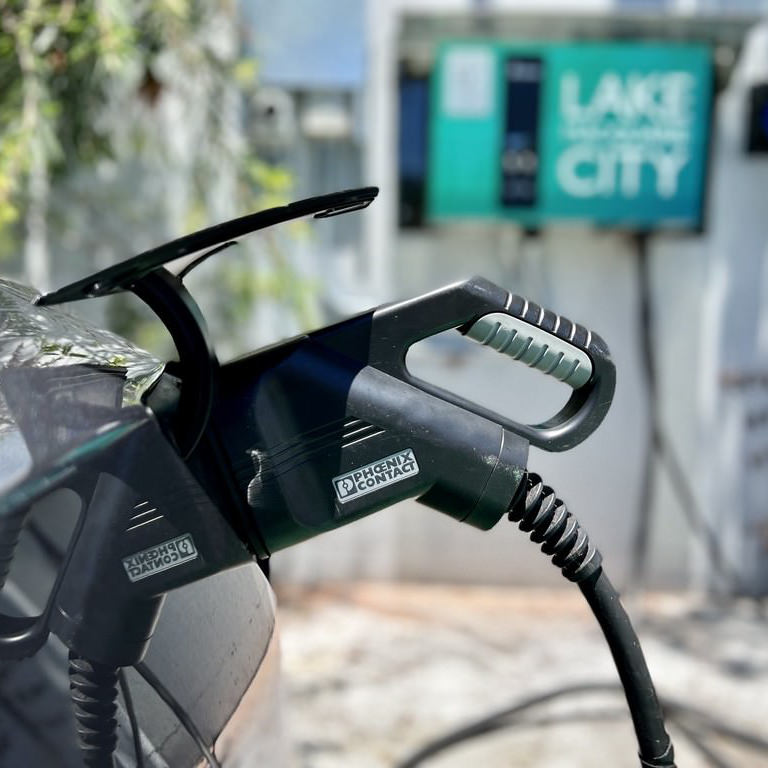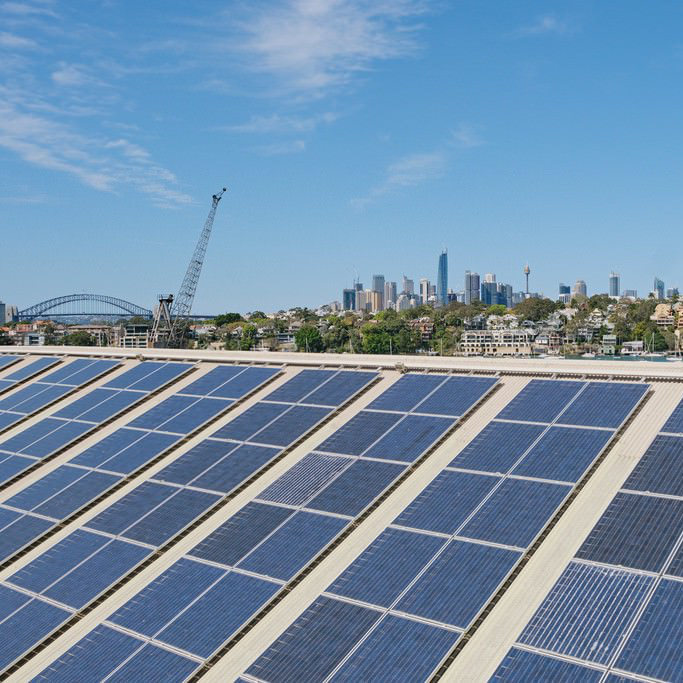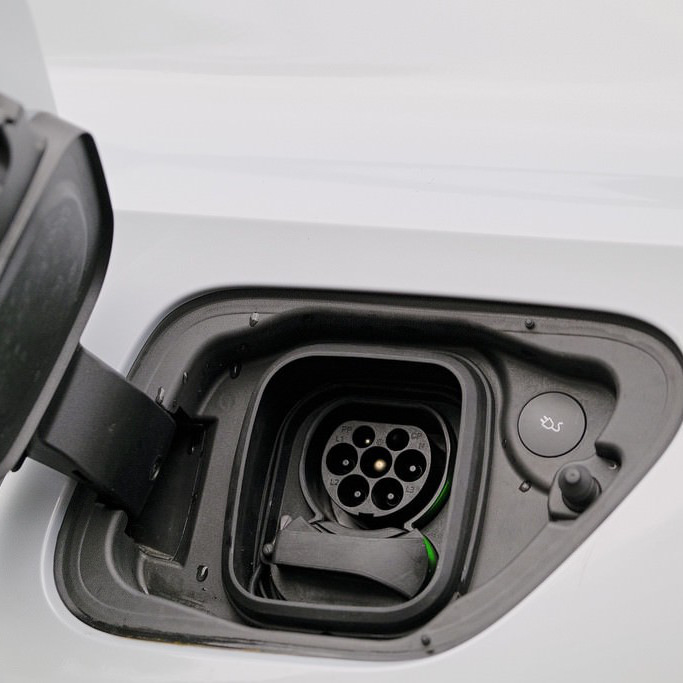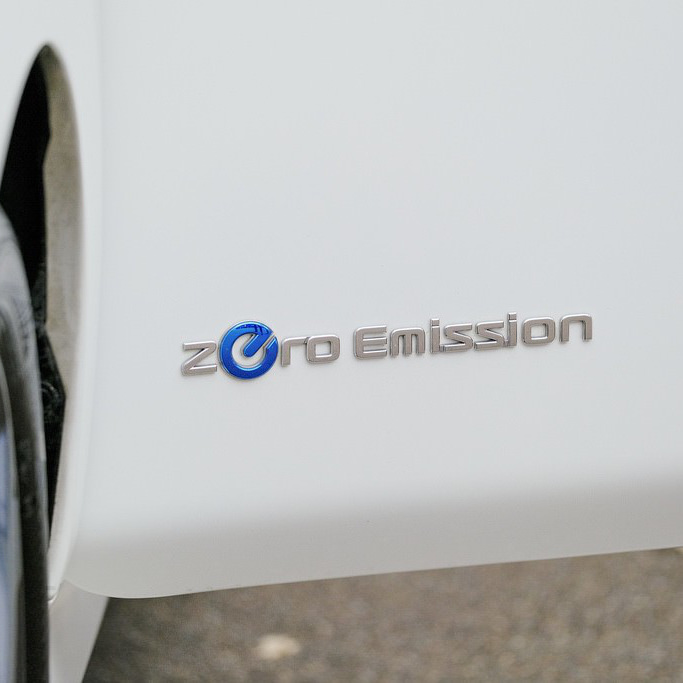Discover how Australia’s Fringe Benefits Tax (FBT) exemption on electric vehicles works, who qualifies, how much you can save, and why novated leases are key to unlocking these benefits.
Introduction: Novated Lease FBT exemption policy
Electric vehicles (EVs) are rapidly gaining traction in Australia, thanks in part to government incentives that make them more financially accessible. One of the most significant of these is the Fringe Benefits Tax (FBT) exemption on EVs—a policy that can substantially reduce the cost of owning an electric car when financed through a novated lease. But how exactly does this tax exemption work, and who stands to benefit the most? In this article, we explore the mechanics of the FBT exemption, its eligibility criteria, financial advantages, and key considerations for anyone thinking of making the switch to an electric vehicle.
What is the Fringe Benefits Tax Exemption on EVs?
The Fringe Benefits Tax is a levy applied to non-cash benefits provided by employers to their employees, such as company cars. Normally, if you choose a car for personal use through your employer, that vehicle would attract FBT.
However, under Australia’s current policy, battery electric vehicles (BEVs) are exempt from this tax if financed via a novated lease. This exemption allows employees to pay for the vehicle and its running costs entirely from their pre-tax income (salary sacrifice), significantly reducing the taxable portion of their salary.
Key Conditions:
- Applies to BEVs and fuel cell EVs purchased new or used on or after 1 July 2022.
- Plug-in hybrid EVs qualify until 31 March 2025.
- Vehicle must be below the Luxury Car Tax (LCT) threshold (e.g., $91,387 for fuel-efficient vehicles in FY 2024-2025).
- Only accessible through a novated lease arrangement.
What is a Novated Lease and Why Does It Matter?
A novated lease is a three-way agreement between you, your employer, and a leasing company. It enables you to finance a vehicle using pre-tax salary deductions, often resulting in significant tax savings.
Novated Lease Features:
- Lease payments and running costs (insurance, servicing, registration) come from pre-tax income (salary sacrifice).
- You retain responsibility for the lease if you change jobs.
- Employers typically face no financial risk; they simply facilitate payroll deductions.
Without the FBT exemption, a portion of the lease would need to be funded with after-tax salary to offset FBT liabilities. Thanks to the exemption, all payments can now be made entirely from pre-tax salary, increasing the financial appeal.
Who is Eligible for the FBT Exemption?
Vehicles That Qualify:
- Battery Electric Vehicles (BEVs)
- Fuel Cell Electric Vehicles (FCEVs)
- Plug-in Hybrid Electric Vehicles (PHEVs) purchased before 31 March 2025
- Cars purchased on or after 1 July 2022
- Vehicles below the LCT threshold when factoring in accessories and dealer delivery
Vehicles That Do Not Qualify:
- Cars purchased before 1 July 2022
- Vehicles that have ever been subject to LCT
- Fossil fuel-powered cars
- PHEVs purchased after 1 April 2025
Financial Advantages
Tax Savings Scale with Income
The higher your taxable income, the greater your potential savings. Employees on higher tax brackets can save more because their lease payments reduce taxable income at a higher marginal tax rate.
Important: These savings include registration, insurance, servicing, and tyre costs but exclude home charging costs, which remain a grey area for tax reimbursements.
Novated Lease vs. Traditional Financing: Which is Better?
Novated Lease Benefits:
- Fixed interest rate for the lease term.
- Pre-tax salary deductions.
- Access to fleet discounts.
- Save on GST (up to $6,334)
- Running costs are bundled into one payment.
You don’t end up owning the vehicle outright, but you can often purchase it at the end of the lease term for a residual payment.
Traditional Loan Drawbacks:
- Potentially variable interest rates.
- No tax benefits on repayments.
- Running costs are separate and fully post-tax.
But you do own the vehicle outright, which may be preferable for some.
What Happens If You Change Employers?
- Option 1: Transfer the lease to your new employer (if they agree).
- Option 2: Continue making payments directly to the lease provider from post-tax income.
- Option 3: Sell the vehicle to cover outstanding payments.
Consider Lease Protection Insurance to safeguard your payments in the event of involuntary redundancy or other disruptions.
Other Tax Implications to Watch
Although you won’t pay FBT on qualifying EVs, the benefit must still be reported on your income statement. This can impact:
- Private health insurance rebate eligibility
- Parental leave payments
- Childcare subsidies
- HECS/HELP repayments
- Medicare levy obligations
It’s essential to consult a tax advisor to understand how a novated lease might affect your overall tax position.
Conclusion
The Fringe Benefits Tax exemption on electric vehicles is a powerful incentive that can significantly reduce the cost of EV ownership—especially when leveraged through a novated lease. However, it’s not a one-size-fits-all solution. Employees must weigh the immediate tax savings against long-term considerations like changing jobs, residual lease payments, and potential impacts on other financial entitlements.
For many Australians, this policy represents a pivotal moment to make the switch to electric, but it’s crucial to fully understand the mechanics, eligibility, and possible flow-on effects before signing the dotted line.
References
ATO: Electric cars FBT exemption
Novated Lease Australia - electric cars
Oly Novated Lease - electric cars
Oly Novated lease: everything you need to know before you switch
FAQs
Q: Can I get the FBT exemption if I buy an EV with cash or a personal loan? No. The exemption only applies if you finance the vehicle through a novated lease.
Q: Do used EVs qualify for the exemption? Yes, provided they were purchased on or after 1 July 2022 and have never attracted Luxury Car Tax.
Q: What happens at the end of the novated lease? You may need to make a residual payment (often around 37.5% of the vehicle’s original purchase price) or refinance the remaining amount.
Q: Will my FBT-exempt EV affect my eligibility for government benefits? Yes, the reportable benefit can influence entitlements like childcare subsidies, HECS repayments, and Medicare levy calculations.
Q: Can I include optional extras in the vehicle purchase? Yes, but ensure that the total cost, including extras, does not exceed the Luxury Car Tax threshold to remain eligible for the exemption.

